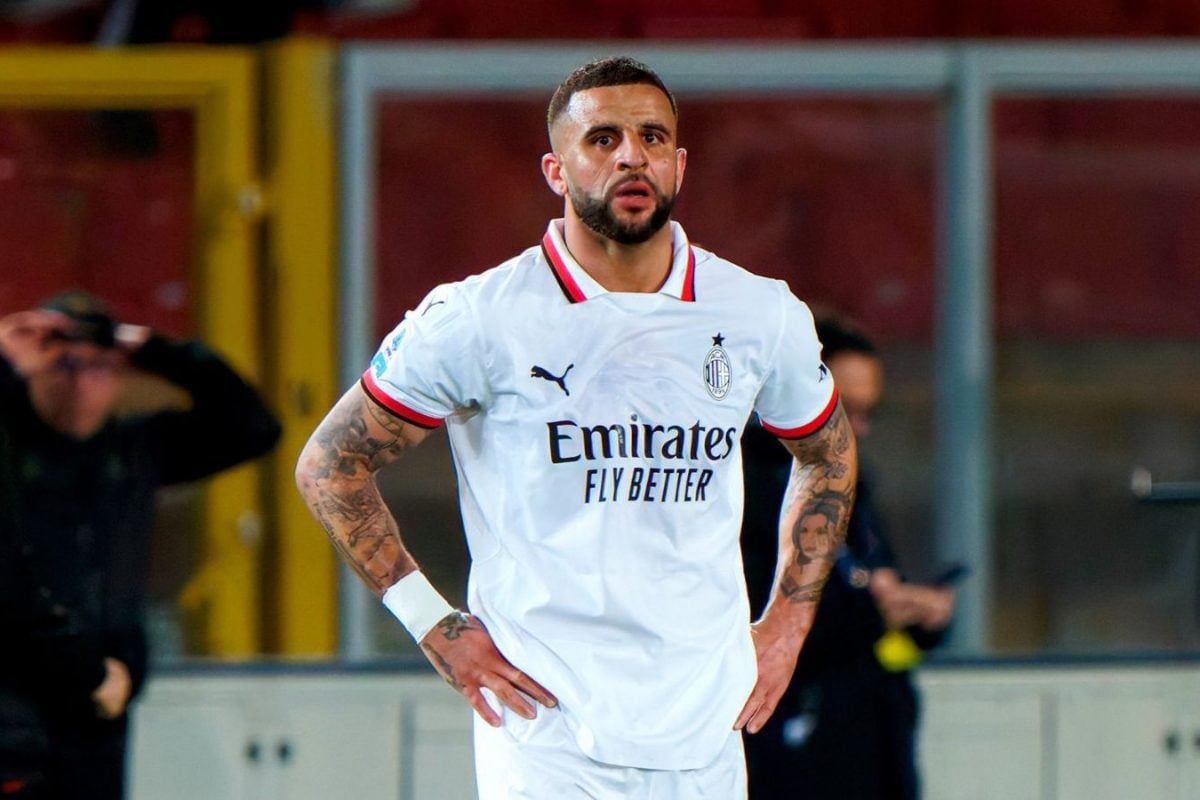

Kyle Walker's recent comments have stirred considerable debate among football fans, particularly those following Manchester City and Tottenham Hotspur. The experienced defender, known for his pace, strength, and trophy-laden career, has openly stated he would "probably give up a Premier League title" to have won the UEFA Europa League (UEL) with Tottenham. This declaration, laden with sentiment and nostalgia, provides a fascinating insight into a player's career priorities and the contrasting values of different achievements in football.
Walker's professional journey began at Sheffield United before he made his mark at Tottenham Hotspur. It was at Spurs where he truly blossomed into one of the Premier League's most exciting full-backs. During his time in North London, from 2009 to 2017, Walker experienced significant individual growth and contributed to a team that consistently challenged for Champions League qualification. However, despite their domestic progress and occasional flirtations with silverware, Tottenham never managed to secure a major trophy during Walker's tenure. The closest they came was perhaps in the 2010-11 Champions League campaign, where they reached the quarter-finals, and a League Cup final appearance in 2009.
The lack of silverware at Tottenham is a notable contrast to Walker's subsequent successes at Manchester City. Since joining City in 2017, Walker has been an integral part of a dominant team that has consistently swept up Premier League titles, FA Cups, and League Cups. He even added a Champions League title to his collection in 2023, completing a historic treble. Given this backdrop of sustained success at City, Walker's reflection on his Tottenham days carries extra weight.
His statement isn't necessarily a slight on his achievements with Manchester City. Instead, it appears to underscore the unique emotional connection players often have with their formative clubs and the specific contexts surrounding their careers. Winning a Premier League title is undoubtedly a career highlight, representing the pinnacle of domestic achievement. However, Walker's comments suggest that the specific experience of winning a European trophy with Tottenham, the club where he truly established himself, would have held a particularly special significance.
There are several reasons why a player might prioritize a UEL title with Tottenham over a Premier League title with Manchester City. Firstly, it speaks to the sense of "what might have been." Tottenham, under managers like Harry Redknapp and Mauricio Pochettino, built exciting teams that played attractive football. The absence of a tangible reward for those efforts might linger in a player's mind more than the numerous trophies won as part of a ready-made winning machine. Secondly, a UEL title would have represented a historic moment for Tottenham, a club with a passionate fanbase that has waited decades for major European success. Being part of such a landmark achievement would create a unique bond between the player, the club, and its supporters. Finally, the Europa League, while not as prestigious as the Champions League, still represents a significant European honor. Winning it requires navigating a challenging knockout competition against teams from across the continent, a different kind of test compared to the week-in, week-out grind of the Premier League.
Walker's sentiment also touches on the broader debate about how players and fans measure success. While trophies are the ultimate objective, the journey, the camaraderie, and the specific context of a club's history also play a significant role in shaping a player's legacy and a fan's memories. His comments serve as a reminder that football is more than just a collection of silverware; it's about moments, emotions, and the unique connections forged between players and clubs.